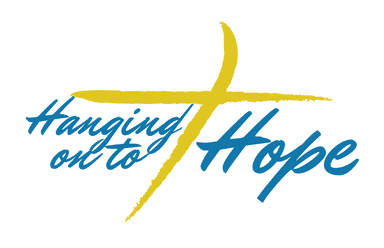Natalie Hoffman (www.flyingfreenow.com) recently wrote an article talking about “Why Emotional Abuse Makes You Feel Crazy In The Head”. It was an excellent article that talked about what it is that can make a person feel confused or crazy when dealing with an emotionally abusive person. She writes: “People feel crazy when two realities clash, creating cognitive dissonance.” She goes on to list Wikipedia’s definition: “cognitive dissonance occurs when a person holds contradictory beliefs, ideas, or values, and is typically experienced as psychological stress when they participate in an action that goes against one or more of them.” So when other people define us in ways we can’t identify with, we will have confusion. This happens a lot in emotionally abusive relationships.
Our identities are crucial in the dynamics of an emotional abusive relationship. Natalie writes: “If you’re confused about who you are, you will be susceptible to the stories others tell about you. If those stories don’t match up with how you perceive yourself, you’ll feel a bit crazy. You’ll either question their perceptions, or more likely, in the case of emotional abuse, you’ll question your own.“ I spent many years feeling crazy and confused. When people try to define other people we get into trouble. I cringe when I hear things like “Democrats are all....” or “Republicans are...”.
Defining other people can damage lives. Natalie says that abuse is all about power and control. “So defining people is an abusive behavior.” She talks about how our brains are programmed to categorize, but when we categorize people, we tend to lose sight of the dignity that is within all humanity and how individual and unique we all are. “There are some people who have a program that says everything is “all or nothing.” Those people tend to struggle in their relationships with others because of this. They define others as “all good” or “all bad.” And their definition of you may change depending on their day at work. It’s hard to live with someone like this. If you do, you often feel like you’re walking on eggshells so as not to get put in the other person’s “all bad” category.“
There is a big difference between defining people and disagreeing with them. We should be able to disagree on politics, Bible verse interpretations, etc and still be civil and kind towards each other, but this marks the big difference between a healthy and an abusive relationship. We all have the freedom to make our own choice and have our own opinions. When that is stripped away, it becomes an issue of power and control. For this reason, I don’t do as much scrolling on the ole Facebook as much as I used to. There is a lot of division and downright anger with all the issues in our country right now and there does not tend to be a lot of room for honest, authentic, and humble discussion of attempting to see how others see a situation.
I do not want to be put into a category and no one else really does either, I would guess. When I try to define others I am stepping into dangerous ground. Natalie says some people have programming that says everything is “all or nothing...When someone defines you, they are pretending to be inside you. But they aren’t inside you.” They can only embody their own mind and not yours. No one gets to define who I am except God and I.
In Patricia Evans book “The Verbally Abusive Relationship” she writes: “If you have been verbally abused, you have been told in subtle and not-so-subtle ways that your perception of reality is wrong and that your feelings are wrong. Consequently, you may doubt your own experience and, at the same time, not realize that you are doing so.....There are two kinds of power. One kills the spirit. The other nourishes the spirit. The first one is Power Over. The other is Personal Power. ....Mutuality is a way of being with another person which promotes the growth and well-being of one’s self and the other person by means of clear communication and empathetic understanding.”
Empathy is such a big piece of what seems to be missing from our Facebook feeds and in emotionally abusive relationships. I am hungry for these type of conversations, but I know they are hard to come by and easier-said-than-done to navigate.

